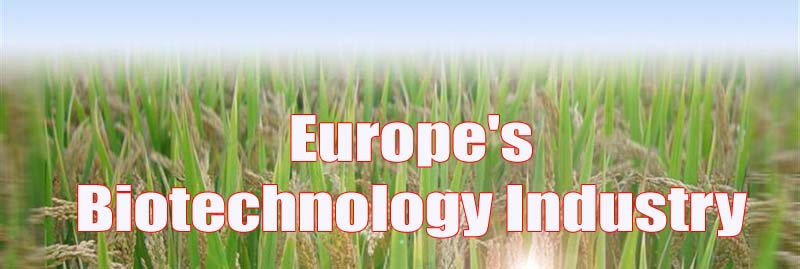Only a few years ago, food was food. We bought it in the grocery store and took it home, and ate it without thinking too much about what was in it. Today, though, controversies over chemical crop additives and bioengineered crops has led more people to be aware of what they're putting into their bodies. In response to the onslaught of additives they do not understand, many people have chosen to eat organic in order to avoid additives altogether. This article will give you more information on organic crops and food to see if this is something you would like to do as well.
Certified organic food in Canada can be labled with this image:

For more information on Canada's rules for organic foods, you can visit this website (Canada's rules for organic food) or the government website.
Many people think that "organic" is simply a label that food manufacturers can slap on their products to make them more appealing - like "green" or "environmentally friendly." But in reality most governments, such as here in the EU and in Canada and Australia, producers are not allowed to label their food organic unless it has never come into contact with chemicals or hormones. This means you can grow organic crops outside your home, but cannot sell them as such without submitting to testing and checkups.
When we say that organic food has no chemicals, we mean none at all. Organic crops are not allowed to be sprayed with insecticides, given growth hormones, or grown from bioengineered seeds. The soil must be tested for chemical residue and the crops must be produced in such a way that they don't pick up any contaminants on their way to your home either. In the case of animals, no growth hormones or even antibiotics are allowed, as they would affect the meat or dairy they produced.
As with any type of special diet, there are advantages and drawbacks to eating organic food, because while you're avoiding most of the chemicals that would normally be in food, you may be leaving yourself open to the natural contamination (blight, insects) that these chemicals were designed to thwart. Remember, any chemicals in the food would have to be tested and approved by the government anyway, though it is true that in some cases long term affects are not well understood. You are still consuming the chemicals that are brought into the food through any treated water as well, if you are eating organic greenhouse grown food.
And then there's the cost issue. Growing crops without chemical aid is more risky and difficult, so the prices of food produced from these crops will be correspondingly higher. If your career is doing well, you can probably afford the extra expense, but if you're on a tight budget you may not be able to afford it. Organic food sometimes costs up to two to three times the price of an equivalent commercial product. Thanks to the following for their support: Garcia Industrial Roofing Contractors and Luminoso Plumbers
| 